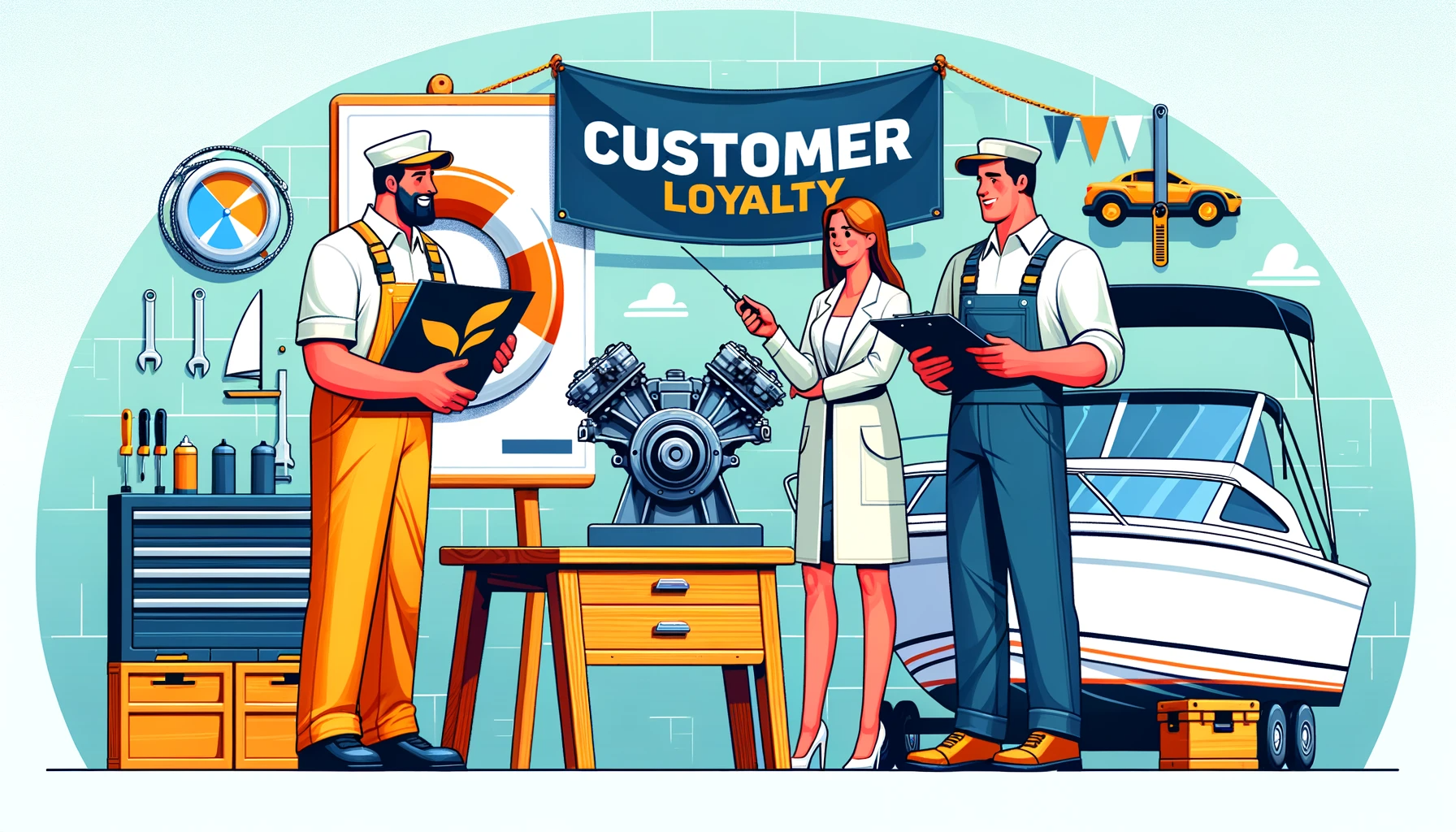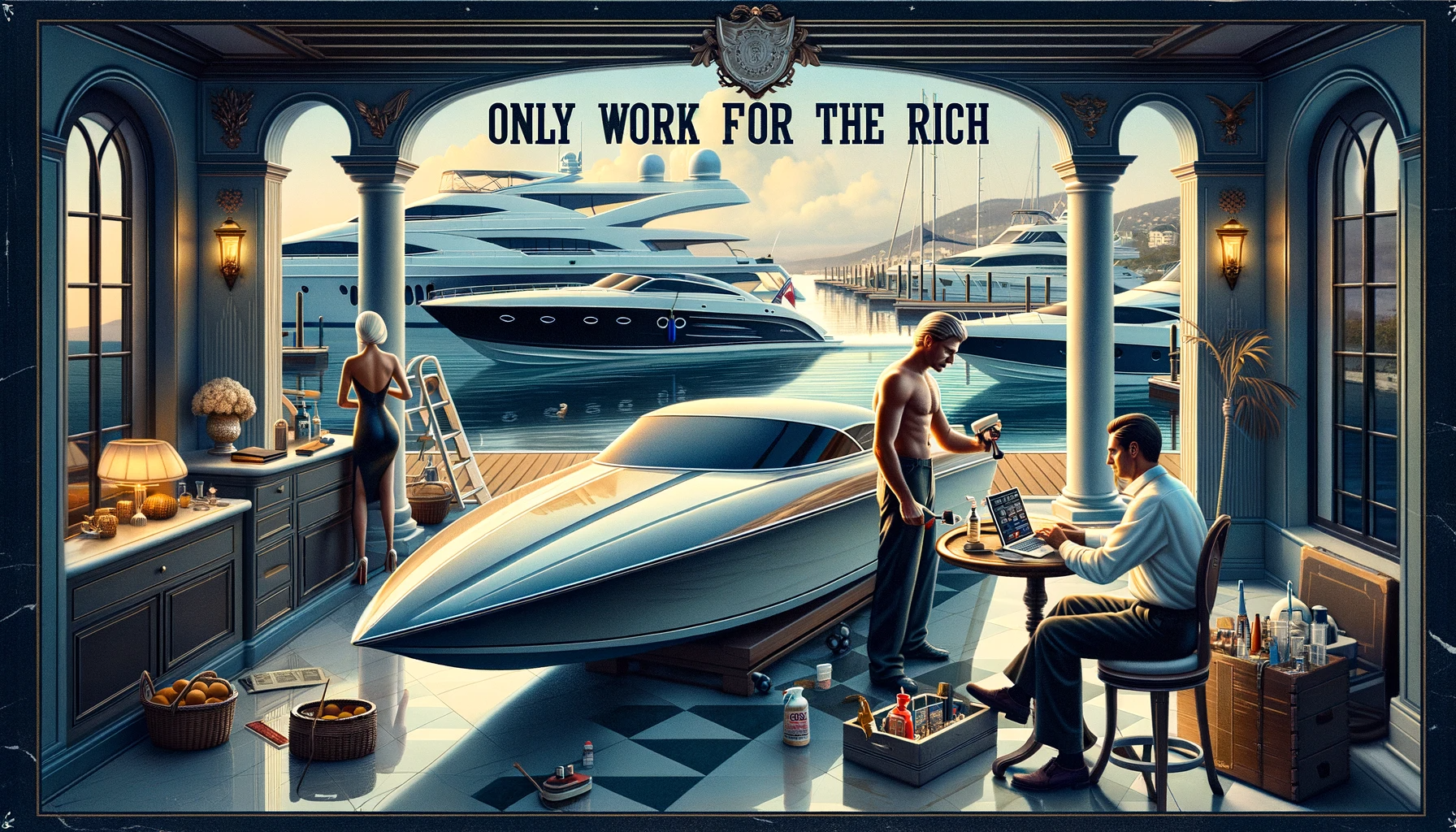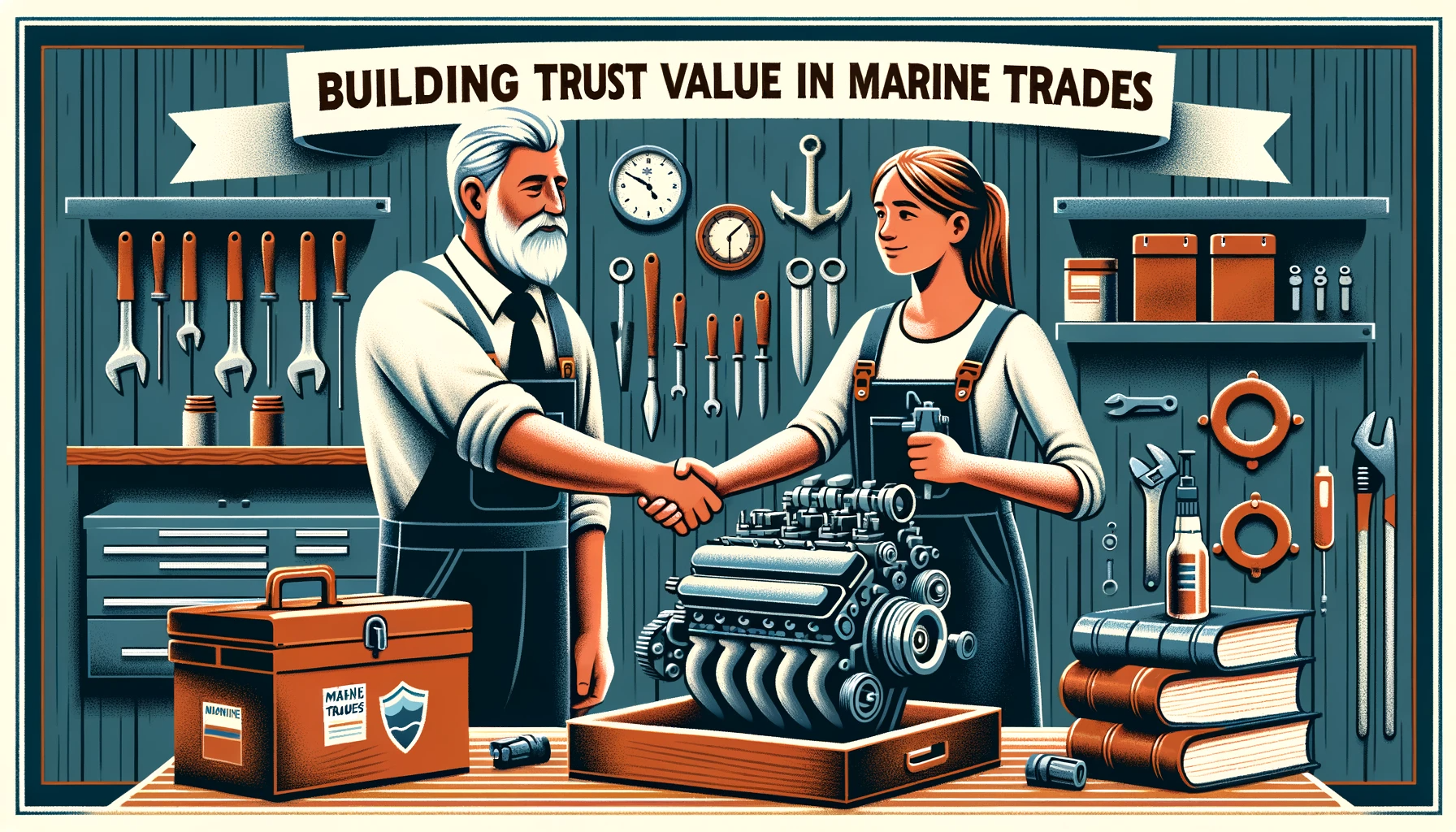
11 Pitfalls Of Buying A Used Boat
They say that the two most rewarding days of a boat owner’s life are the day he buys a boat and the day he sells it. We believe that is not a winning mentality. If purchased properly and taken care of, as you would your firstborn, a boat has the potential to bring years of excitement and long-lasting friendships. I mean, it’s easy being the favorite in the group when you have a yacht to relax and even party on, right?
However, all the perks of a boat come at one cost; financial restrictions. Buying a boat is a major financial commitment, and though new boats come with an exacerbated price tag, used boats can make you bleed dollars, if you make poor purchase decisions.
Boat ownership is a luxury activity, and in the initial idea of buying a boat, you might be swayed into thinking about all the activities you’ll be participating in, how your family will love the experience, or your co-workers might see you in a different light. If you don’t want to be left high and dry with a metaphorical elephant in your garage, heed these 11 pieces of advice when moving to buy a used boat.
1. No Need To Stay Local
When purchasing a boat, there might be a tendency to stay local when searching for the perfect boat. The shoreline of the US is vast, and the marine industry is spread out over long distances. By staying local, you minimize your purchase options and inadvertently miss out on some great deals a few hundred miles out.
Pro Tip: There are many different platforms to find a true gem through research. But hold on, it is very unlikely that you will find a high-quality boat on craigslist listing John, Dick, or Harry; this is why you need to check out the established boat sales websites for better options.
However, make sure that a boat is a viable option before setting out on any travels. The trick to a successful boat purchase is to save as much time and money as possible. So go and see only those vessels that made it to your itinerary. This precludes that you need to have a shortlist of boats that piqued your interest and you have them plotted out on your travel map before you head out on for the inspection.
2. Say No To Open-Ended Prices
It’s in your best interest to figure out how much you are willing to spend early on in your journey. It will help guide you on a more selective search for your used boat. After all, it is very much possible for you to get ripped off. Set a price and stick to it! Besides, when you hire a broker (more on that later), you want to give him enough ammunition to help you find the “right” boat.
3. Know Your Needs
A classic rookie mistake is not knowing what you want. There are many different styles of boats, from cruiser to dinghy to sailboats. Do you plan on family outings or fishing with the bros? The activities you plan to participate in will have a factor in what style of boat you want. If you intend to fish, then a sailboat is the wrong choice.
4. Work On Your Negotiation Skills
This is not expressly said, but it is EXPECTED that you haggle a lower price when purchasing a boat. Not saying this will be your case, but we have seen boats being sold for half the asking price on countless occasions. Don’t be surprised if the seller tells you how there’s a ton of interest in the boat; there could be “interest”, but people often are window shopping with no real intention to buy. Hold your ground in the negotiation, and you’ll likely walk out with a much better deal.
Pro Tip – When talking about the reasons for a lower price, don’t be too hard on the subject (i.e., calling out all the flaws such as the poor varnish job or how all the electronics are dated); people build strong attachments to the memories they had with the boat. You’ll likely hear, “It’s a boat; what do you expect? It’s work”.
5. Not Doing Your Research
Research is the bane of a shopper’s existence, but it is as crucial as water is to fish. This might seem obvious, but it’s here for a reason. Not all boats are equal, just like no cars are equal. Which will hold its value more? A Prius or a Ferrari? The same is true for a boat. Certain brands retain their value over time and are known for their craftsmanship. Make sure you know the pedigree of the boat you’re looking at and then set foot in the market. Not doing your fair share of research can also lead to sellers taking advantage of your naivety.
6. No Surveyor On Deck
Hiring a marine surveyor for your used boat purchase is an absolute must. It’s best to think of boats as a combination of systems that all work independently, but if any of them goes wrong, you’re going to be, quite literally, in murky waters. It’s best to bring in an expert surveyor, familiar with similar style boats to ensure you don’t miss spotting any major problems with the vessel. You can search on www.shipshape.pro for marine surveyors in your area. A surveyor will run you an easy $1,000, so make sure you commit to the boat purchase before you start throwing away your hard-earned money.
7. Not Getting A Broker
We’ve heard boat brokers described as “used car salesmen with no morals”. The marine industry is a very cutthroat place. Can one be surprised when most new boat owners don’t know anything about boats? Since boat owners are tempted toward this purchase because of the luxury it brings with itself, a huge majority are not aware of the intricacies involved. And we don’t blame you; after all, becoming a marine boating expert is no easy gig.
This is why it is surprisingly easy for sellers to take advantage of you in this industry. It’s best to find a trustworthy broker to represent your interest. Think of the broker as your new best friend throughout the purchase process.
8. Free Boat
Oh wow, you found an awesome boat on craigslist, and the best part: it’s free. You and I both know that the boat is free for a reason. There is something pretty shady going on under the hood and you need not entangle yourself in it. You might think that you can get a free boat and fix it yourself, but problems in the boating world are super expensive. What must’ve looked like a smart plan of sanction to you will lead you to financial ruin because of how expensive boat repairs and replacements can be.
The fastest way to lose money and not have any fun experience in the boating world is to buy a free boat. In fact, this free boat can become the most expensive purchase you’ll ever make.
Pro Tip: Boat stands for “Bust out another thousand”. Service and products are going to be expensive. You need to factor in the sheer cost of doing the project, for any project you commit to.
9. Project Boat
Here is a very realistic scenario. Did you find a boat at a fair price? Has it just been sitting on the hard for the past 5 years, forgotten and abused?
Now, let’s take a look at another situation. You have a clear vision of what needs to be done, and you picture yourself fixing yourself a drink, on your boat, in some tropical paradise. This rarely happens. This is because boat repair and maintenance delve more into the realm of craftsmanship. Projects add up, and more likely than not, you’ll lose enjoyment as your projects drone on over the years and the cost is beyond the funding you allocated to hire workers to finish the job you started.
10. Custom Boat
Wow, someone took the time to build a custom-made boat; it must mean that the boat is at a high level of craftsmanship, that the previous owner loved it like their own child. Customized boats come with emotional attachment and craftsmanship, which automatically leads to higher prices. This is why it’s a super risk for your wallet to buy a used custom boat. Surprisingly the biggest concern is just the fact that you have no support. Boats that are one-offs and customized have different internal systems catered to the owner’s needs. As a result, you can’t find custom solutions to customized problems, without access to a support network of people who have similar boats. This might leave you stranded in the middle of nowhere.
Pro Tip: When looking at a used boat, the ultimate giveaway of the condition of the rest of the boat is how maintained the engine is. The engine is the heart of the boat and represents, in most cases, the single most expensive system. Is the engine covered in rust? Are there maintenance logs of work done? If the engine hasn’t been taken care of, the rest of the boat will likely be in poor condition. When looking at used boats online, be sure to examine the photos of the engine or question the lack thereof.
11. Assuming ROI
A major misconception is that if all else fails, you can sell the boat and get your money back. Or that if you got a cheap project boat, you’ll put your sweat and some equity in, and be able to sell it for a profit. Believing this is a sure-fire way to lose money. The value is only based on the boat’s pedigree.
Let’s make this simpler. You bought a boat that is on sale for 100K. What happens if you put an additional 50K into the boat? Will the boat now be worth 150K?
The answer is no. The boat is still 100K because of the lack of branding and its used status. So, technically, regardless of what you put in, you don’t get any of your extra investment back.
Final
Buying a boat isn’t as simple as it seems. If you can avoid these 11 pitfalls of buying a used boat, you will be in a much better situation mentally and financially. Always remember to do your research, expand the distance you are willing to travel to see a boat, hire a marine surveyor, and have a broker in your corner. The greatest wisdom that can be bestowed here is that it is better to spend more money on a better boat that requires less work than to cheap out with a “free” boat and reap the consequences.





